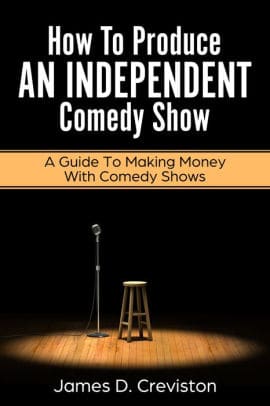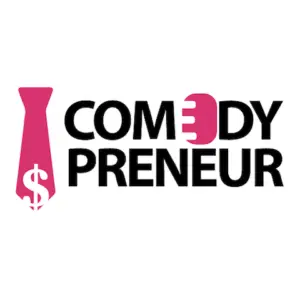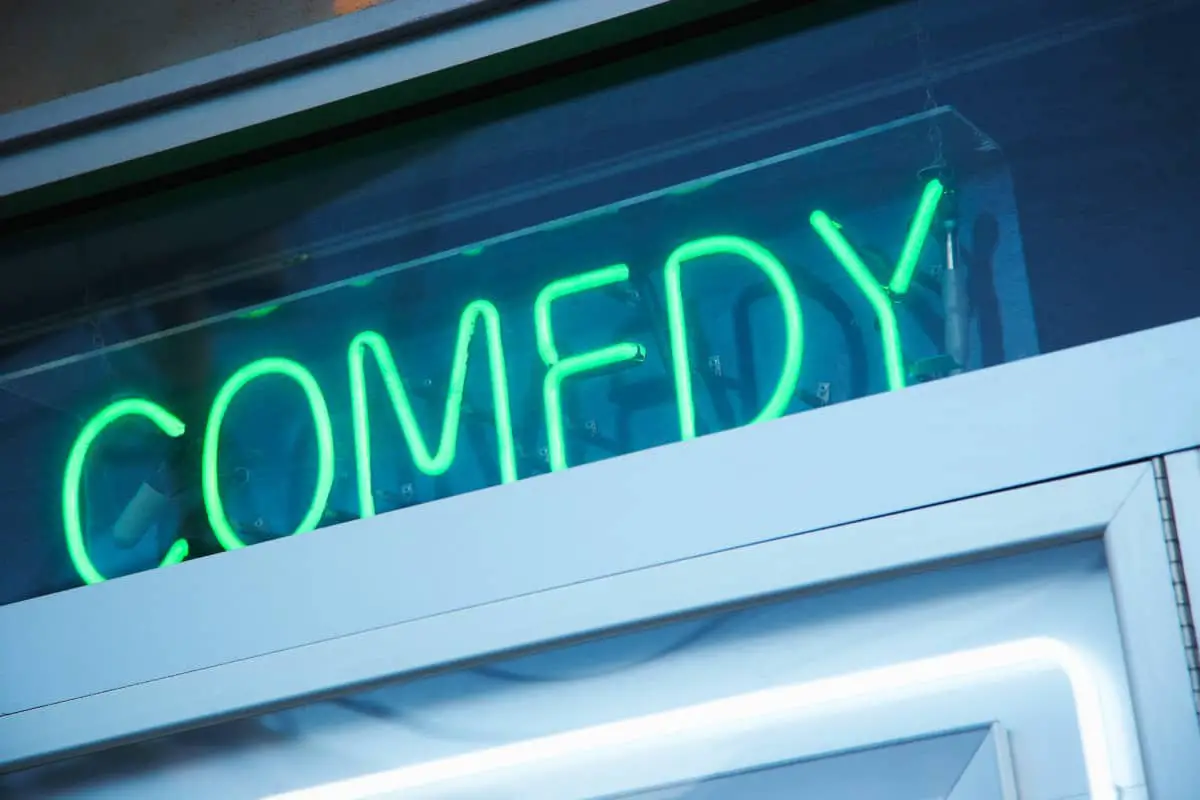Comedy clubs are a hallmark in the stand up comedy world. Every major city in the United States has at least one comedy club. While comedy clubs provide entertainment are they necessary for stand up comedians?
Comedy clubs provide several things comedians can or may want. This includes open mics for practicing material, show bookings, and community. However they also can be exclusionary, pay low to nothing, and lead comedians to get stagnant at open mics. Are they necessary no, but they are useful.
If you navigate comedy clubs properly they can be useful places for working material, making friends and connections, as well as growing your sets. Here are a few tips for navigating comedy clubs and making them useful.
Use Open Mics For Repetition
Many comedians think open mics are solely for trying new material. While this is true when you first start it will become like a gym. That time will be used to understand proper timing, inflections, and get comfortable on stage. There is nothing more uncomfortable then felling the eyes of other hungry comedians wanting you to hurry up and get off stage so they can get their few minutes of time on the mic.
Use your open mic time to run sets you have tested and try out one or two new jokes to make sure they flow with your set and you learn their rhythm.
Make Comedy Friends And Connections
Time at the comedy clubs should be used for three things: performing, connecting, and communicating. Comedians tend to be very solo. As a person who wants to be their own artist and their own person I understand that feeling. However my true growth did not come until I built a group of friends. These friends have helped me write better jokes, learn how to network, co hosted my podcast, filmed videos and helped me connect with headlining comedians I otherwise would have never had a chance encounter with.
I got better because I made connections. These connections pushed me to higher levels, bigger shows, and even paid gigs I would not have ever thought about or been able to book alone. Take time out to connect with other comedians.
Get A Recorded Video For Your Site And Press Kit
Most comedy clubs record the sets of comedians on shows. Use this to your advantage. When you promote yourself outside of the club or look to get booked anywhere else you will be asked for a video of your set. A professional set on a comedy club stage is worth it’s time and money in being made.
It is important however to also audio record your sets on your phone or other device so you can listen to your pacing, speech, and laughter. Do not just pay for the video of any set you do. By listening to the audio version you will hear laughter and how you performed. When you hear one that has a lot of laughter and you killing on stage, buy that video and use that for the next six months to a year for promotion.
What Comedy Clubs Are Not
Many comedians think that if they go to a comedy club, make everyone laugh, and have a tight five minutes they will get on TV or Netflix, get a show, a manager, agent, and millions dollars. Easy enough right?
Well in the eighties and nineties this may have been true but today not so much. Often the comedians you see getting Netflix and development deals have been doing stand up around the country and world for years, often ten or more.
Comedy clubs are not a gold mine. You will not get rich doing only comedy clubs. Don’t get me wrong there are many touring comedians who do clubs all over the world and they do it for a living, but their living is very lean. In Los Angeles the mecca of stand up (yes I know NYC is also amazing), most comedians are lucky if they make enough for a value meal for doing a show.
Most shows in LA pay either nothing, a drink ticket or two, or a tip-jar split, if you are lucky. There are so many comedians in LA that clubs can afford not to pay for stage time. This is how you know that many comedians believe comedy clubs are necessary.
How To Grow In Comedy Without A Comedy Club
The dirty little secret about comedy clubs is that they need comedians more than comedians need them. I know it sounds crazy but it’s true. If they can afford to not pay comedians then they think they don’t need comedians. So what can a comedian do to earn a living and grow a comedy career? Well produce your own show. Producing your own show outside of a comedy club is the best way for you to control your income. If you live outside New York or LA you actually have better odds of making a living by producing your own comedy shows.
Since the bigger markets are saturated with comedy clubs and comedians any place outside of there will be hot spots for building a comedy scene and making money as a stand up comedian. A good hosted show with good comedians can earn as much as twenty dollars per person. If you hold it in a bar or restaurant you can make a deal with the owners for a cut of the door as well as the food and beverage sales.
Producing your own show can also allow you to book your show in places that might not have every known they needed comedy including game stores, as well as coffee and comic books shops. I used my hustle to bring monthly shows to comic books shops and backyards in order to make money for myself and comedians.

Every one of my self produced shows allowed me to pay comedians. In LA stage time AND pay are the holy grail of comedy. I learned a lot producing shows for years and packaged it in a book titled How To Produce An Independent Comedy Show: A Guide To Making Money In Stand Up Comedy which you can buy on Amazon.
Comedy clubs are a great place to build a tribe and understand the basics of comedy, but in order for a comedian to grow their craft and their bank account they need to be a Comedypreneur that builds their own brand and income.

